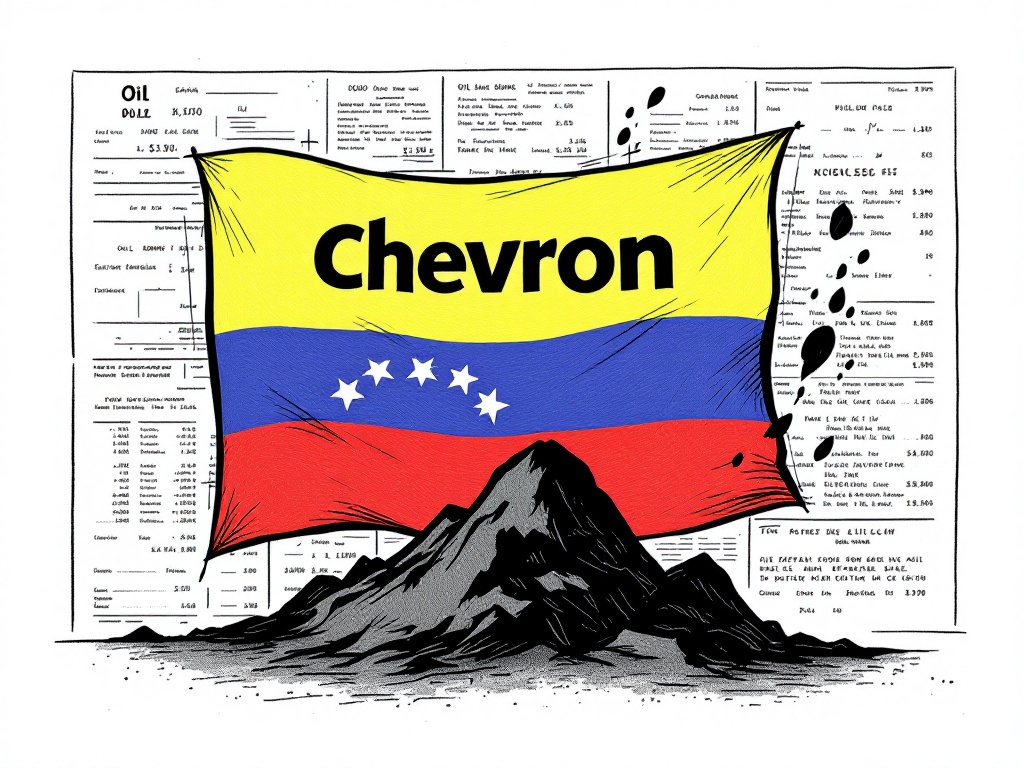Potential Changes in Venezuela Oil Policy Under New U.S. Administration

Houston, Sunday, 8 December 2024.
Chevron’s CEO reports no discussions with President-elect Trump, hinting at possible shifts in U.S. oil policy concerning Venezuela as the new administration takes office.
Current State of U.S.-Venezuela Oil Relations
As of December 2024, Chevron remains the only U.S. oil producer operating in Venezuela’s oilfields under special authorization from the Biden administration [1]. The company currently exports approximately 238,000 barrels per day to the U.S. under a 2022 authorization [1]. This arrangement came after years of sanctions imposed since 2019, which were designed to pressure President Nicolas Maduro’s government following disputed elections in 2018 and 2024 [1].
Trump’s Potential Policy Shift
The incoming Trump administration is considering a significant policy shift, exploring a double-sided détente with Venezuela that would focus on both energy imports and migration control [2]. This approach marks a departure from the previous ‘maximum pressure’ strategy, as the oil industry advocates for a more pragmatic approach [2]. The timing is particularly crucial as Maduro prepares for his controversial third term inauguration in January 2025, despite international consensus regarding his electoral defeat in July 2024 [2].
OPEC+ Response and Market Implications
The uncertainty surrounding Trump’s future policies is already influencing global oil markets. OPEC+ has postponed plans to unwind 2.2 million barrels per day of production cuts until at least April 2025 [3]. According to Mukesh Sahdev of Rystad Energy, Trump’s proposed tariff policies, particularly regarding China, have encouraged OPEC+ to maintain these production restrictions [3]. The organization appears to be waiting until spring 2025 to gain clarity on Trump’s tariff and sanctions policies [3].
Strategic Considerations and Regional Impact
Chevron CEO Michael Wirth emphasizes the strategic importance of maintaining U.S. presence in Venezuela, noting that Russian and Chinese companies have largely replaced Western firms that have withdrawn [1]. The potential policy shift comes as Venezuela faces a significant migration crisis, with over 7.7 million people having fled the country as of May 2024 [2]. The proposed energy-migration pact would involve unfreezing sanctions on Venezuela’s energy sector in exchange for Maduro’s cooperation on migration control and accepting returned migrants [2].